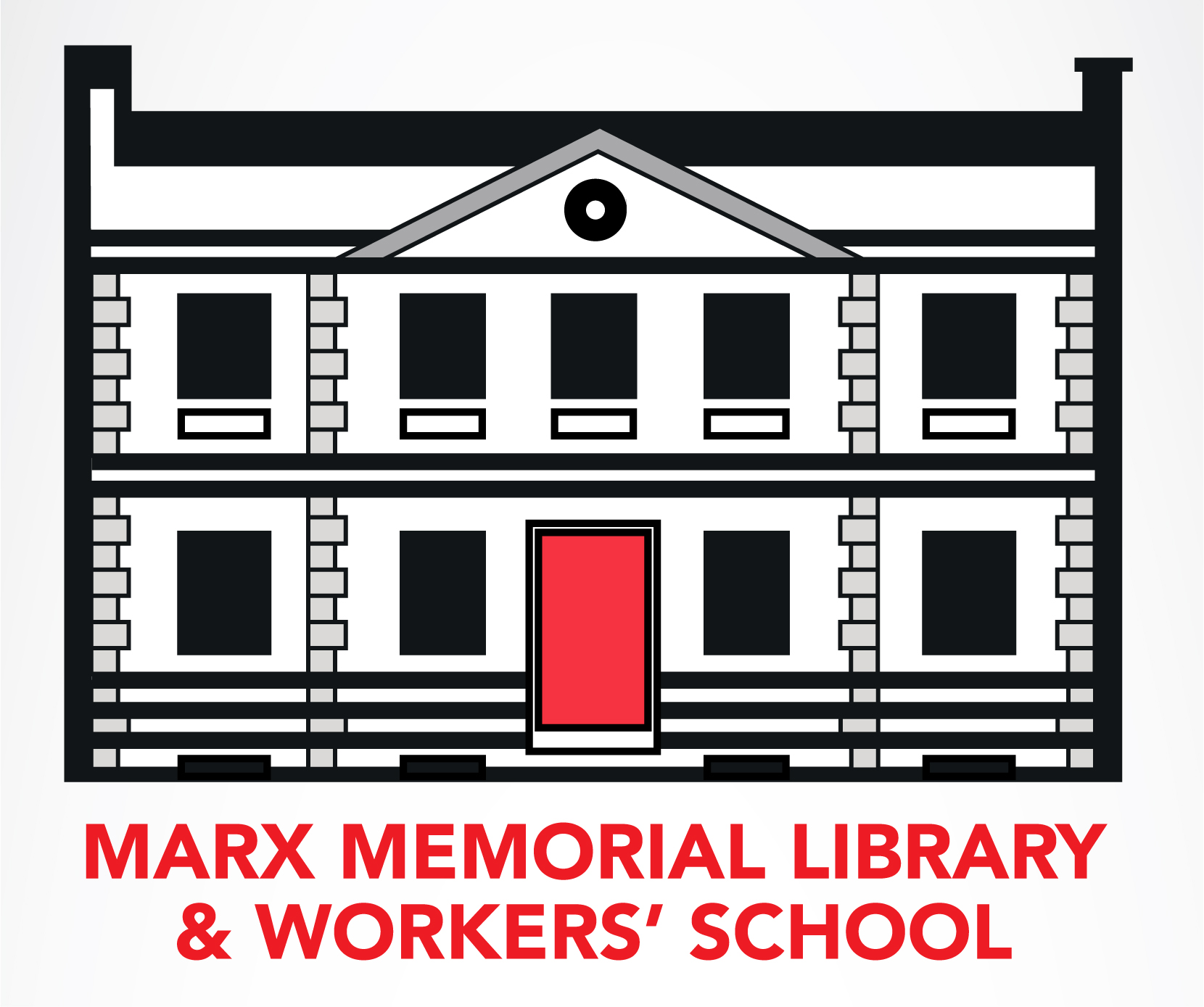You are here
Back to topHelen Crawfurd had been an enthusiastic member of the Women’s Social & Political Union (WSPU), but had broken with that organisation in 1914 when its leadership abandoned the fight for the vote and enthusiastically supported the war effort – Helen was shocked at this volte face and hence together with her friend Agnes Dollen formed the Women’s Peace Crusade. This body campaigned throughout Scotland to end war and to oppose conscription when it was introduced in 1916. Crawfurd was also active in opposing the rent increases introduced early in the war especially for munitions workers.
The Treaty of Brest-Litovsk was a peace treaty signed on March 3, 1918, between the new Bolshevik government of Russia (the Russian Soviet Federated Socialist Republic) and the Central Powers (Germany, Austria-Hungary, Bulgaria, and Turkey).
It ended Russia's participation in World War I. The chief negotiator was Trotsky. Although Lenin had promised ‘Peace, Bread and Land’, this treaty was unpopular because it gave away too much Russian land especially in the Ukraine. In fact this was one of the chief reasons for the later Civil War between Red & White Russians.
This organisation was established in 1916 when for the first time in British history, the government introduced conscription for all men. Over 3,000,000 men volunteered to serve in the British Armed Forces during the first two years of the war.
Due to heavy losses at the Western Front the government decided to introduce conscription (compulsory enrollment) by passing the Military Service Act. At first only single men were called up but by 1918 married men of fifty were being conscripted into the army.
The BSP was formed in 1911. It was not the only Socialist Party in Britain. There was a great deal of factional struggle between it and the Social Democratic Federation, formed by H.M. Hyndman in 1908. The two organisations maintained an uneasy co-existence until 1916 when the Hyndman faction was defeated and the BSP was left to pursue its anti-war policy unhindered. The SDF under Hyndman’s leadership
Both the Triple Alliance and the Triple Entente engaged in the negotiation of secret treaties throughout the duration of the war. The majority of these were revealed only after the Russian Revolution when the new Soviet Republic was keen to expose both the duplicity of the Tsarist regime and the nature of the Imperialist Powers. Perhaps the most revealing of the Secret Treaties was the one negotiated between Britain and France, otherwise known as the Sykes Picot agreement. As the map shows this agreement divided the Middle East between the two powers.
There were two revolutions in Russia in 1917 - the second which established the first Socialist State had profound repercussions throughout the world, but especially within Europe. The Russian Revolution inspired similar challenges to state power in Hungary, Germany, Italy and the UK.
The outbreak of the First World War in 1914 propelled the Women’s Social and Political Union (WSPU) away from feminism in favour of patriotism. It suspended its activities on the suffrage in order to focus attention on the war effort, leaving the East London Federation as almost the only active group in the suffrage campaign. Christabel returned from her self-imposed exile in Paris to campaign against the 'German Peril'. Both she, her mother and their supporters toured the country drumming up support for the recruitment campaign
